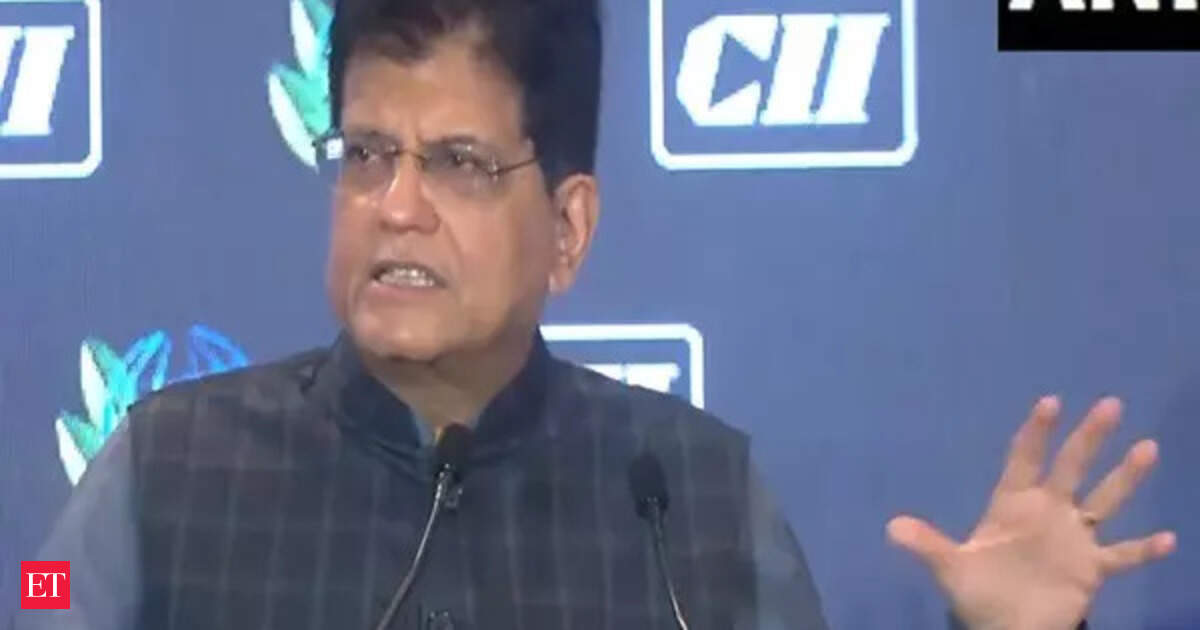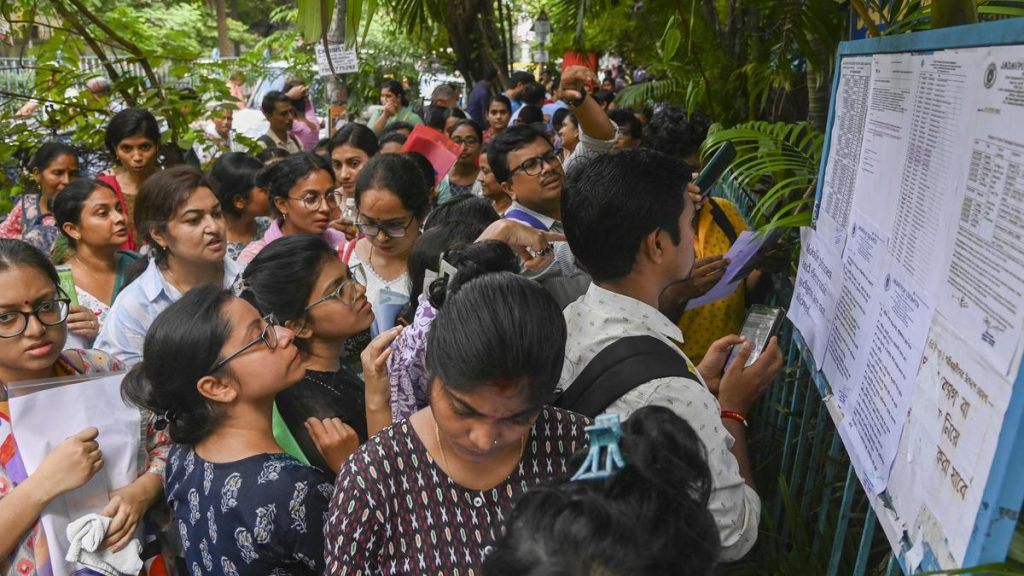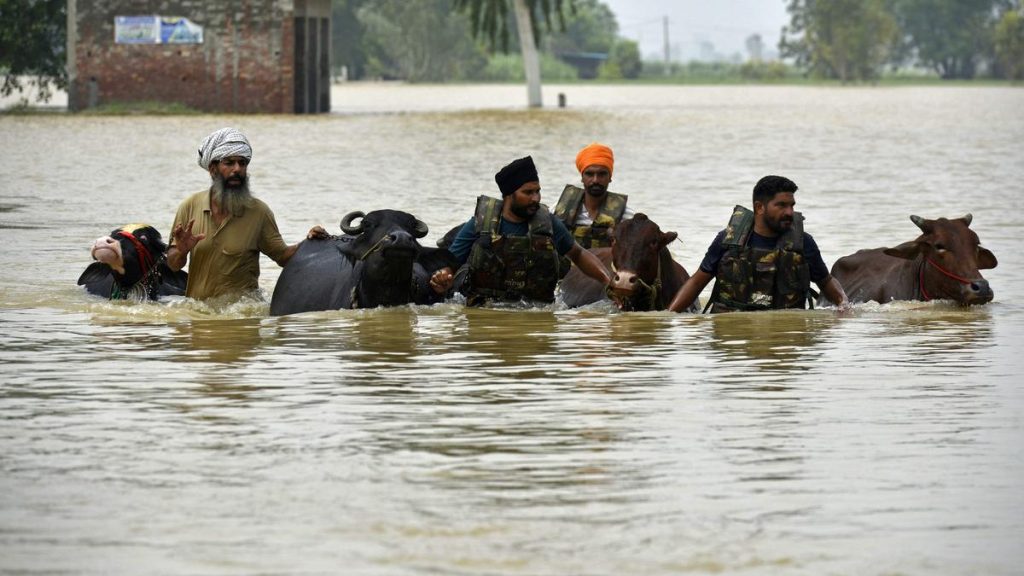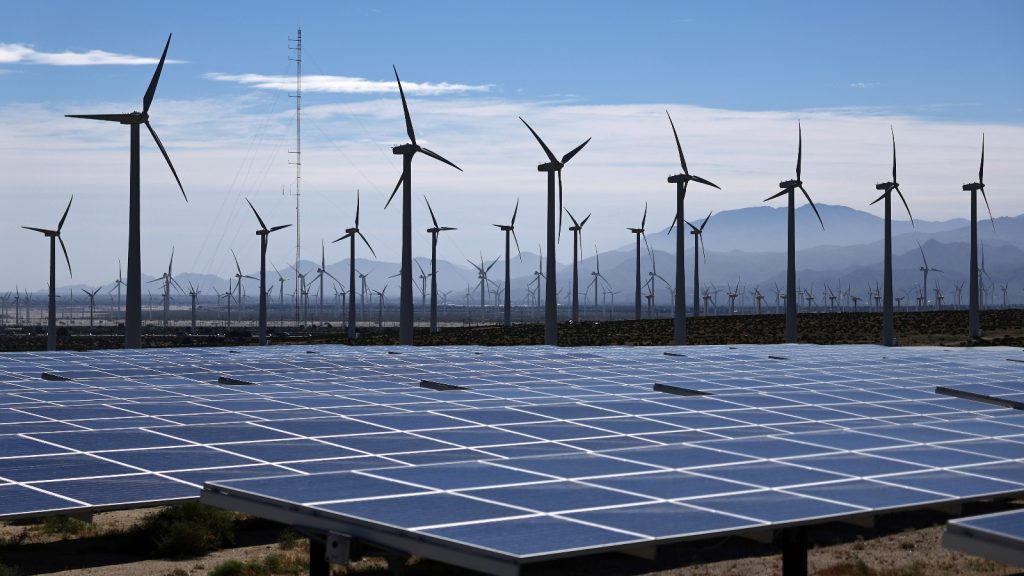Now Reading: India Emerges as a Global Leader in Affordable Renewable Energy
-
01
India Emerges as a Global Leader in Affordable Renewable Energy
India Emerges as a Global Leader in Affordable Renewable Energy

Quick Summary:
- Union Minister Piyush Goyal praised India’s sustainability efforts at CII’s 20th Global sustainability Summit in New Delhi.
- India ranked as one of the best-performing G20 nations in meeting sustainability commitments.
- Prime Minister Narendra Modi contributed significantly to COP21 negotiations, emphasizing collective global obligation for sustainability.
- India has upscaled renewable energy targets five-fold as 2014 and operates a unified “One Nation, One Grid” system with 50% renewable capacity installed. The country aims for 500 GW by 2030.
- Renewable energy prices in India are globally competitive: Rs. 4.60 to Rs. 5 per kWh for round-the-clock clean power supply, with obvious bidding reducing solar power rates to Rs. 2.41 per kWh.
- Initiatives like the UJALA scheme have made impactful changes by replacing incandescent bulbs with LED alternatives.
- India’s resilient supply chains and self-reliance underscore its strength amid volatile economic conditions; young entrepreneurs where urged to innovate solutions for water harvesting and energy efficiency challenges.
- The country’s GDP growth (7.8% in Q1) highlights contributions from all sectors of society, driving aspirations towards becoming a $15 trillion economy (PPP terms).
- Criticism was directed at developed nations for failing Paris Agreement financial commitments aimed at supporting less-developed countries ($100 billion annually promised but undelivered).
- Highlighted risks from climate change include flash floods and urban flooding due to poor planning-viewed as potential areas for innovation-driven growth.
Indian Opinion Analysis:
India’s focus on sustainable development aligns well with long-term environmental goals while boosting economic self-reliance-a critical distinction amidst uncertain global dynamics driven by climate change debates and weak international financial support under agreements like COP21.
The significant reduction in renewable energy costs highlights strategic advantages stemming from innovations within India’s domestic ecosystem, specifically through programs like “Make in India.” Such advancements strengthen India’s appeal as an affordable renewable energy leader globally while enabling rapid fulfillment of ambitious targets such as installing 500 GW capacity by 2030 without compromising reliance on coal during the transition phase.
Criticism toward developed nations’ failure to meet Paris Agreement funding promises is noteworthy-a reminder of systemic imbalances affecting progress toward shared global environmental objectives.
Further integration of grassroots innovation is essential if challenges such as urban flooding or water conservation are approached practically alongside ambitious macro-strategies targeting universal quality inclusivity standards (“Zero Defect, Zero Effect”) that empower all societal segments across rural-to-industrial spaces-a potential framework shaping Amrit Kaal until India’s centenary festivity year (2047).



























